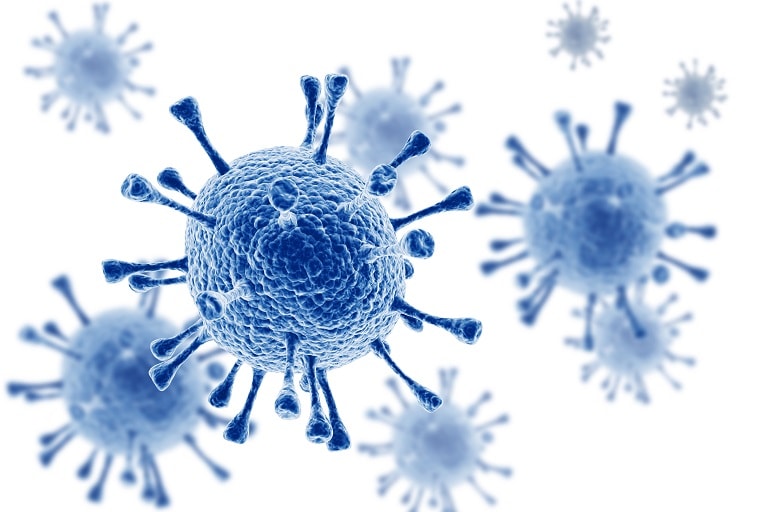
Funding for HIV self-test kits ends in March
A groundbreaking initiative to provide HIV self-test kits across Canada is coming to an end as funding for the initiative stops in March. According to experts, what will happen after this budget is stopped? What answer is the government going to give to the people of this society? This test, called INSTI, provides test results in about a minute by taking a drop of blood. This program includes HIV and syphilis testing.
Experts believe that these tests are effective in preventing the increase of new cases of HIV infection. There were about 1,833 new infections in Canada in 2022, representing a 25% increase from the year before. Montreal public health officials recorded 310 cases in 2022, a 120 percent increase from the year before and the highest number of new reported cases in a decade.
The first self-test was approved in Canada in 2020 and will be implemented from November 2022. "Ensuring that all Canadians have access to testing and treatment for infectious diseases such as HIV," Carolyn Bennett, the federal minister of mental health and addictions at the time, said in a 2022 news release announcing an $8 million investment to purchase and distribute the kits. have access to, is the main priority of the Canadian government.
"We are continuing to explore options for making HIV self-test kits available after March 31, 2024," Public Health Canada said in an emailed statement.
Manitoba and Saskatchewan have the highest rates of new HIV cases. The rate of infection in Saskatchewan is four times higher than the national average.
According to experts, these tests are especially useful for newcomers for whom the topics of sex and HIV are taboo.
Therefore, it is critical that federal funding continues to help people learn they have HIV, start treatment, and prevent further transmission.
news source
Suggested Content
Latest Blog
Login first to rate.
Express your opinion
Login first to submit a comment.
No comments yet.
























